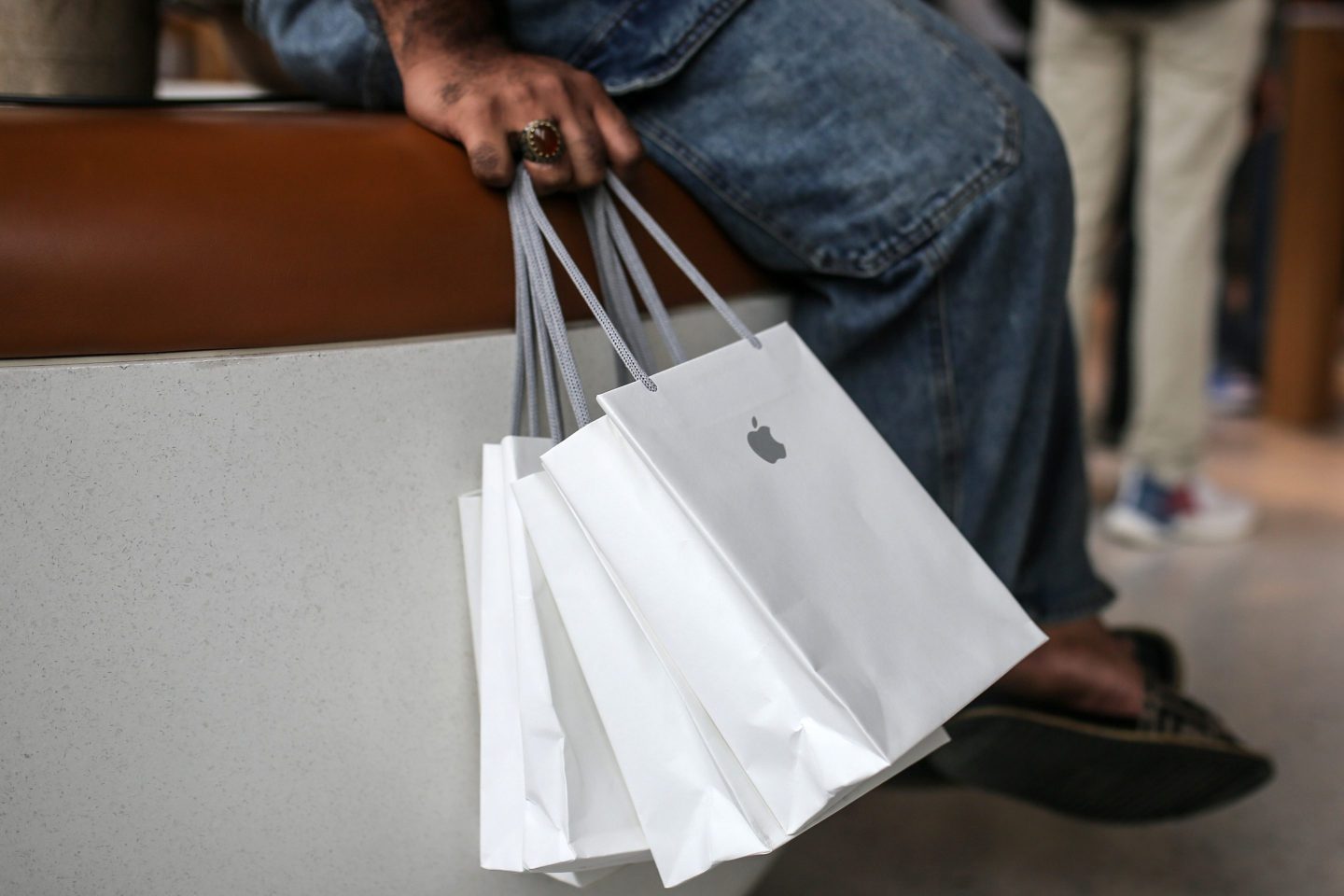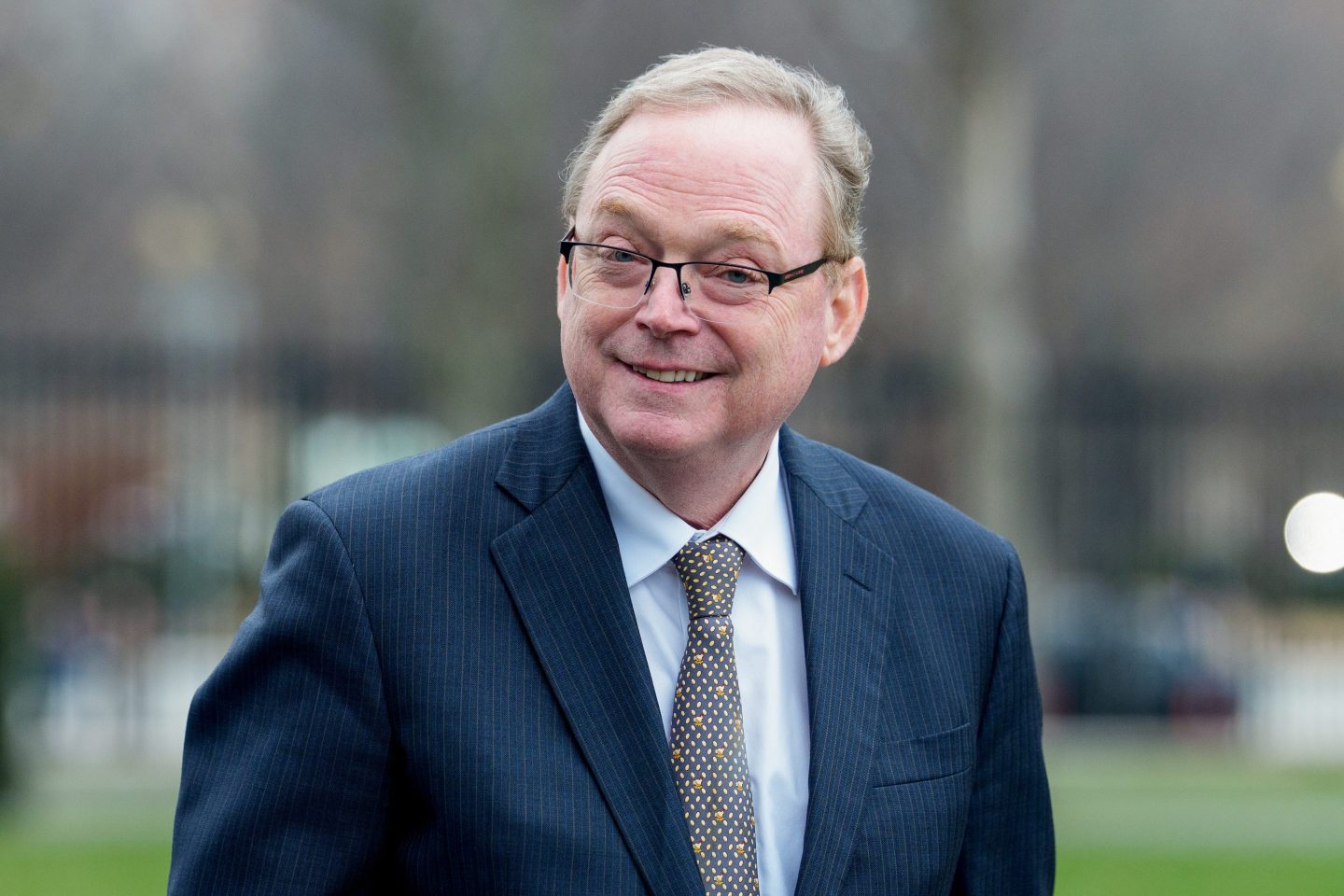Good morning! Netflix is scaling back its parental leave policy, the White House held its first conference on women’s health research, and executive safety is a concern post-UHC shooting—especially for women.
– Safety first. Since the killing of UnitedHealthcare CEO Brian Thompson, companies have started reevaluating their security policies. The targeting of a relatively low-profile CEO in an industry now understood as more controversial than ever has led businesses to post new job openings for executive security specialists and scrub their websites of executives’ headshots. Some rising corporate stars are reconsidering whether they want the CEO job, while current CEOs had a range of reactions—from reevaluating why the public is so angry to trying to keep employees engaged.
There is of course an added layer to personal safety for women, from front-line workers to female CEOs.
“It’s very reasonable for female leaders to conclude [the need] to have an additional layer of safety concern,” says Scott Berkowitz, the president and founder of RAINN, the anti-sexual violence organization. That includes concern about sexual assault and stalking and harassment, which women are already more likely to experience; 30% of women experience stalking and stalking-related fear compared to 12% of men.
Berkowitz says that threats against other high-profile women—like celebrities or politicians—can serve as examples of potential danger that businesses should heed. “It’s not a big jump to think that there’s some risk for female corporate leaders as well,” he says. As a minority of company leaders, female CEOs already stand out.
Employees who interface with the public should be protected too, Berkowitz adds—from a claims adjuster at an insurer to a bank loan provider who are the ones to convey bad news.
The most salient lesson for businesses is that as they reevaluate security measures in this moment, they should consider the unique concerns of women in their workforces—and listen when those women report feeling unsafe.
Emma Hinchliffe
emma.hinchliffe@fortune.com
The Most Powerful Women Daily newsletter is Fortune’s daily briefing for and about the women leading the business world. Today’s edition was curated by Nina Ajemian. Subscribe here.
ALSO IN THE HEADLINES
- Company culture. Netflix has been slowly pulling back on its one-year parental-leave policy, part of a reevaluation of its culture as the company has grown. Many employees think that taking more than six months off, realistically, is a now bad career move. Wall Street Journal
- From the capital. At the White House’s first conference on women’s health, First Lady Jill Biden said she will continue to advocate for more research in the field even after her husband leaves office. CNN
- Stop the femicide. Protesters in Kenya marched against femicide earlier this week, as there were at least 97 killings of women in the country between August and October. In downtown Nairobi, around 300 women marching were met with tear gas from the police, and at least three people were arrested. Reuters
- Early-stage. New research shows that surgery may not be necessary for a common type of early-stage breast cancer. Patients in the study who did not receive surgery and radiation did not have higher rates of invasive cancer after two years than those who received the recommended treatment. USA Today
MOVERS AND SHAKERS
Future Business Leaders of America, a business-focused career and technical student organization, named Jennifer Woods Bodensiek president and CEO. She most recently served as chief development officer at Junior Achievement of Greater Washington.
Bottega Veneta named Louise Trotter creative director. She is currently creative director of Carven.
Sunrise, a sleep disorder diagnostics technology developer, appointed Laura Warnier as chief growth officer. Previously, she was chief growth officer at GoStudent.
The Association for Diagnostics & Laboratory Medicine named Sabrina Reilly chief membership and market development officer. She was previously VP of membership and marketing for the Business Group on Health.
Agilysys, a hospitality software solutions and services provider, appointed Lisa Pope to its board of directors. She is president of Epicor.
Truvian Health appointed Tina Nova to its board of directors. Most recently, she was president and CEO of Decipher Bioscience.
The American Ambulance Association appointed Brenda Staffan to its board of directors. She is chief government affairs and public policy officer for Priority OnDemand.
ON MY RADAR
The perimenopause gold rush The Cut
She has 155 million TikTok followers. Will they pay to see her on Broadway? Wall Street Journal
What Nikki Giovanni understood Teen Vogue
PARTING WORDS
“I guess I could have slammed the door on them instead of asking to have a real conversation…But then, you know, nothing changes. And that’s the opposite of how I want to live.”
—Quannah Chasinghorse, an Indigenous American supermodel, on effecting change in the fashion industry













